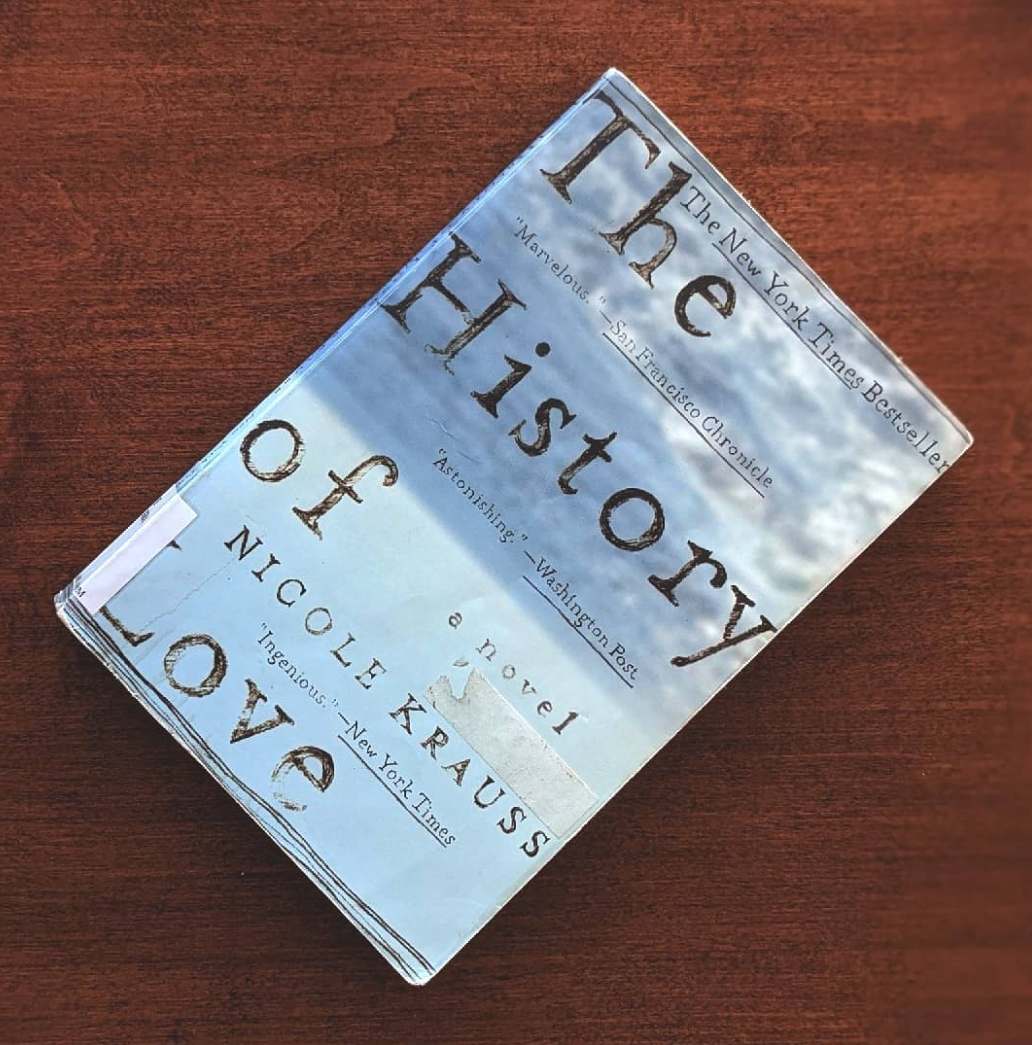
"A Prayer for Owen Meany" is one of John Irving's most famous novels, published in 1989. The book combines elements of tragedy, comedy and philosophical reflection, as well as deep themes of faith, fate and friendship. Through the story of two friends, Owen Mean and John E. Winterburn, the author explores questions of identity, religiosity, and the power of human connection.
Plot
The novel begins with memories of the childhood of the two main characters, who grew up in a small town in New Hampshire. Owen Mean is an unusual young man with physical disabilities, but with a huge inner world and exceptional foresight. He believes that he has a divine mission that is predestined for him from above. John, his best friend and storyteller, encounters this mystical part of Owen's life as he tries to understand his ideas and beliefs.
The plot covers various stages of their lives, including difficulties in their youth, wars, losses, and conflicts. One of the central events is a tragic death that shapes their relationship and affects John's future. The story also explores the impact of religion on society and individuals, raising important questions about faith and doubt.
Themes
Style and narrative
Irving uses a unique storytelling style that combines elements of magical realism and witty dialogue. The alternation of times and points of view creates depth and layering, allowing readers to immerse themselves in the emotions and experiences of the characters. The story is told from John's point of view, which allows you to see his inner conflicts and reflections.
Conclusion
"A Prayer for Owen Meany" is a powerful and moving novel that leaves a deep mark on the hearts of readers. Irving raises important questions about human nature, faith, and friendship, forcing us to reflect on our own beliefs and life paths. This book is not only a fascinating story, but also a philosophical work that encourages reflection on the meaning of life and fate.


